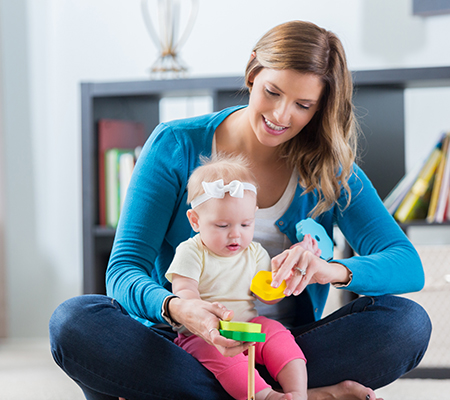
Your babysitter should be ready for anything, including how to handle any medical emergency.
Your babysitter should know how to take care of your child, but making sure they are prepared for any medical emergency is an important step you shouldn’t forget.
Before you take the night off, Dr. David Mathias, a Marshfield Clinic Health System pediatrician, explains that your babysitter should know these four things about your child’s health:
1. Your child’s chronic conditions
If there are any chronic conditions your child has such as allergies, asthma or diabetes, make sure to tell your babysitter. This should include how to stop the condition from flaring up, where they can find the treatment and how to use the treatment if needed.
“Any chronic condition your child has, your babysitter should know,” Mathias said.
2. The location of your first aid kit
A babysitter should be trained in first aid and CPR, but they need to know where your first aid kit is to be effective. Before you leave, make sure they know how to take care of your child’s booboos by showing your babysitter where you keep your first aid kit.
3. Your emergency protocol
When a babysitter is in an emergency, they should know what your expectations are including when they should call you. For instance, should they call you when your child gets a paper cut?
“If they are taking them in for a medical emergency, somebody would obviously treat them. If it is not an emergency, they would need permission either verbally or through a note,” Mathias said.
Your babysitter also needs special permission if they take your child to the doctor’s office.
4. Your phone number
Giving your babysitter your phone number is an important thing you should do before you take a night off. Mathias recommends providing backup phone numbers for other adults that the babysitter can call if you can’t be reached. Your list of phone numbers should also include a number for poison control (800-222-1222).
For additional guidelines for babysitters, check out healthychildren.org, information about babysitters from the American Academy of Pediatrics.

